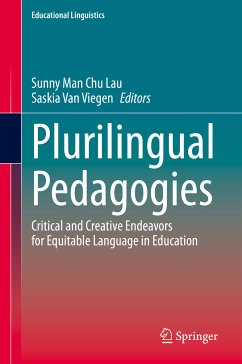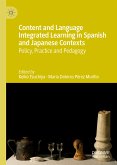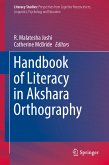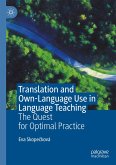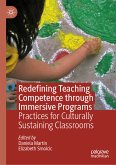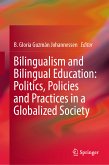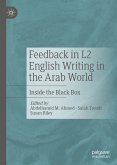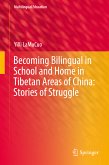The book addresses recent debates on the multi/plural turn in applied linguistics and articulates the limitations of these debates - particularly the absence of discussion of social power relations and contexts in applying different theoretical lenses. It features empirical research from primarily North American classrooms to highlight how plurilingual pedagogies take shape in unique educational contexts, resisting monolingual approaches to language in education. Furthermore, it includes commentary/response pieces from established scholars in dialogue with recent plurilingual research in the field, to put the work in critical perspective within extant theories and literature.
Dieser Download kann aus rechtlichen Gründen nur mit Rechnungsadresse in A, B, BG, CY, CZ, D, DK, EW, E, FIN, F, GR, HR, H, IRL, I, LT, L, LR, M, NL, PL, P, R, S, SLO, SK ausgeliefert werden.

